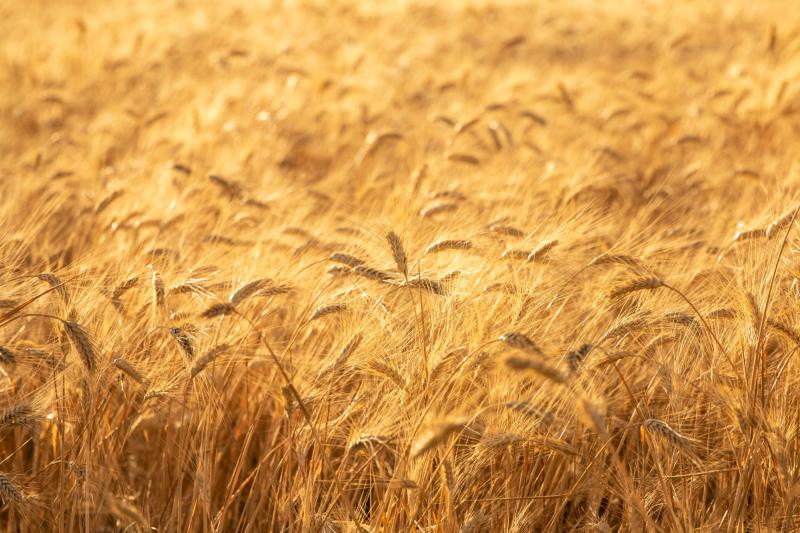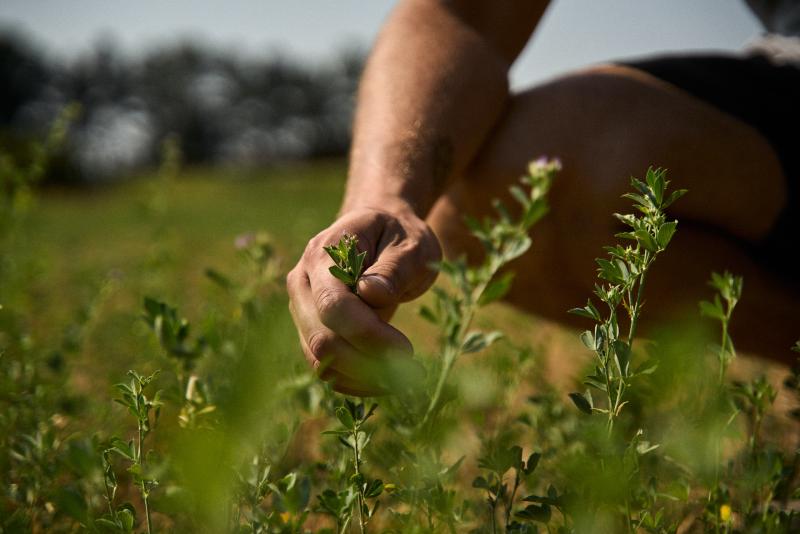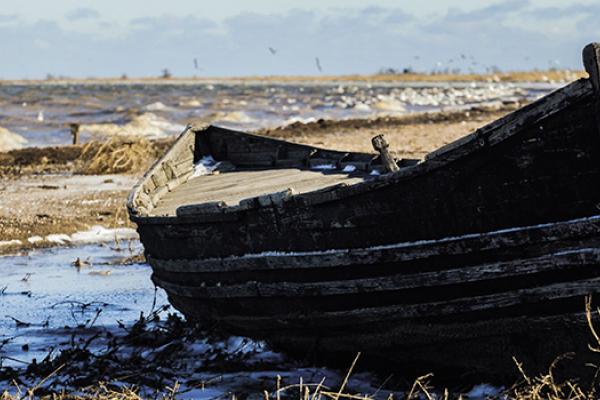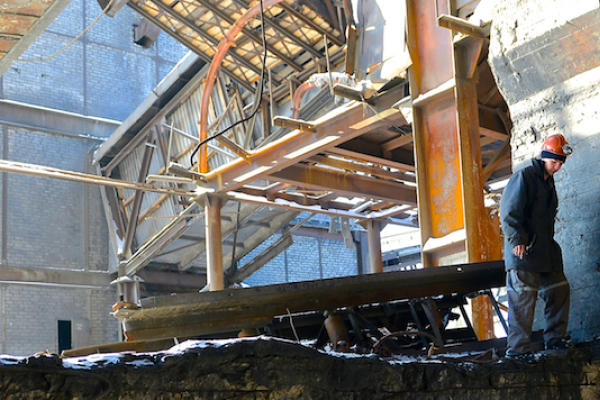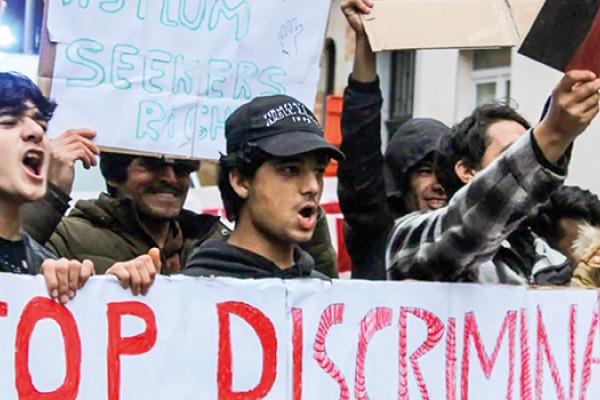In the 20th century nations extracting their oil reserves cashed in on the boom in demand for burning hydrocarbons, opening a gulf between rich and poor states in the Middle East, Europe and Africa. The present risks a new imbalance, between countries and corporations with control over fertile land, the harvesting of crops and their sale, and those that lack agency in this supply chain.
Russia’s invasion of Ukraine in February 2022 has exacerbated this ‘grain gap’, forcing higher spikes in wheat prices, shutting down supply routes and threatening millions of people in cereal-poor countries with starvation. This crisis has foregrounded the winners and losers in the fight over access to cereals between Europe and the Middle East, which we analyze in The Grainkeepers.
